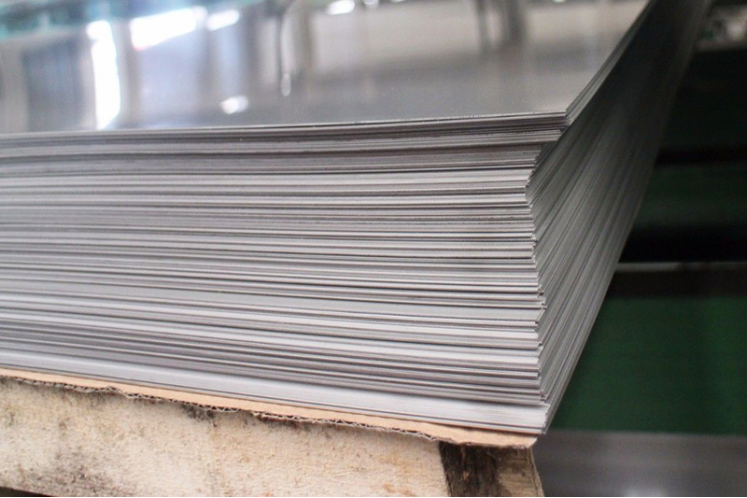
1. Austenitic stainless steel
Common grades: 304 (06Cr19Ni10)
Composition: 18% chromium, 8% nickel.
Features: non-magnetic, good corrosion resistance, high toughness, easy to process and weld.
Uses: food industry, chemical equipment, medical equipment, architectural decoration, etc.
(2) Common grades: 304L (022Cr19Ni10)
Composition: 18% chromium, 8% nickel, low carbon (≤0.03%)
Features: low carbon version, not easy to produce intergranular corrosion after welding.
Uses: welding parts, chemical equipment, medical equipment.
(3) Common brand: 316 (06Cr17Ni12Mo2)
Ingredients: 16% chromium, 10% nickel, 2% molybdenum.
Features: better corrosion resistance than 304, especially resistance to chloride ion corrosion.
Uses: marine engineering, chemical equipment, medical equipment.
2. Ferritic stainless steel
Common grades: 430 (10Cr17)
Composition: 16% chromium.
Features: magnetism, medium corrosion resistance, high strength, low cost.
Usage: Household appliances, car exhaust pipes, kitchen equipment, etc.
3.Martensitic stainless steel
Common grades: 410 (12Cr13).
Composition: 12% chromium.
Features: magnetism, high hardness, good wear resistance, but poor corrosion resistance.
Uses: knives, surgical instruments, mechanical parts, etc.
4. Duplex stainless steel
Common grades: 2205 (022Cr23Ni5Mo3N)
Composition: 22% chromium, 5% nickel, 3% molybdenum.
Features: mixed structure of austenite and ferrite, with both high strength and high corrosion resistance.
Uses: marine engineering, chemical equipment, oil and gas pipelines, etc.
5.Precipitation hardening stainless steel
Common brands: 17-4PH (05Cr17Ni4Cu4Nb)
Ingredients: 17% chromium, 4% nickel, 4% copper, niobium (Nb) added
Features: High strength is obtained through heat treatment while maintaining a certain corrosion resistance.
Uses: aerospace, nuclear industry, high-end mechanical parts, etc.
Choosing the right stainless steel grade can maximize its performance advantages